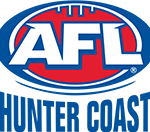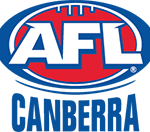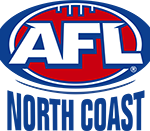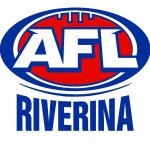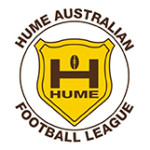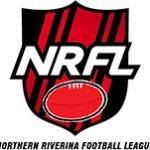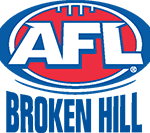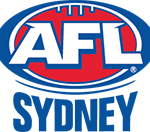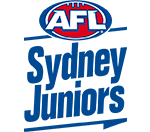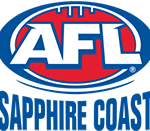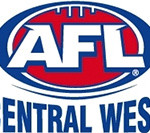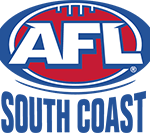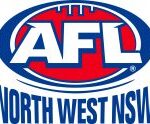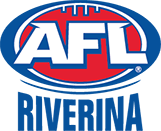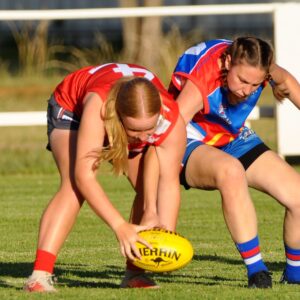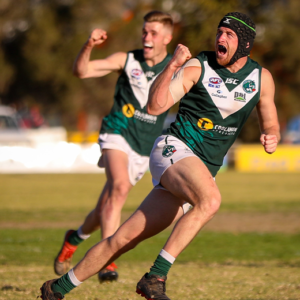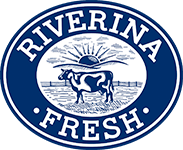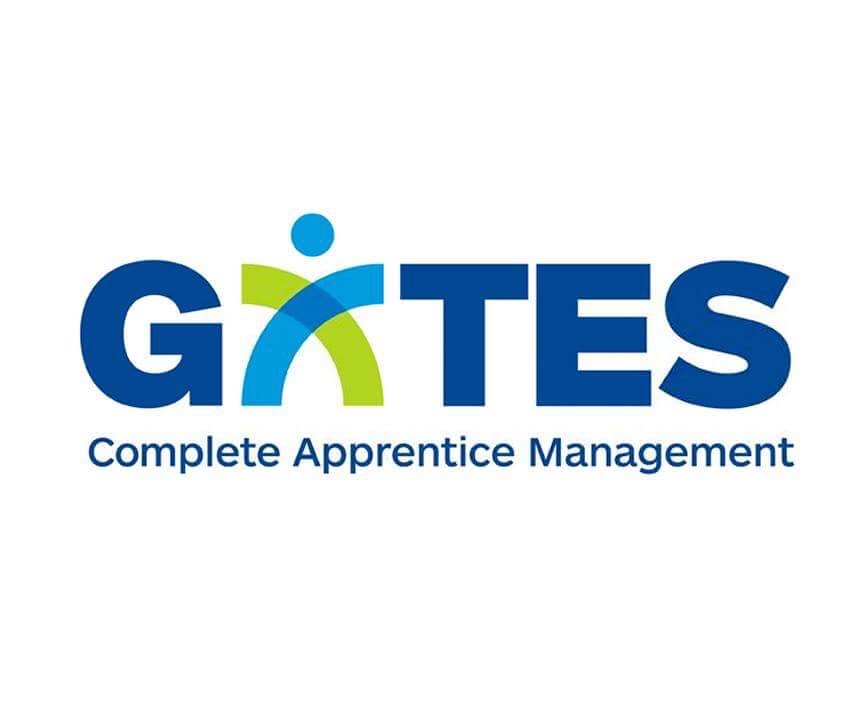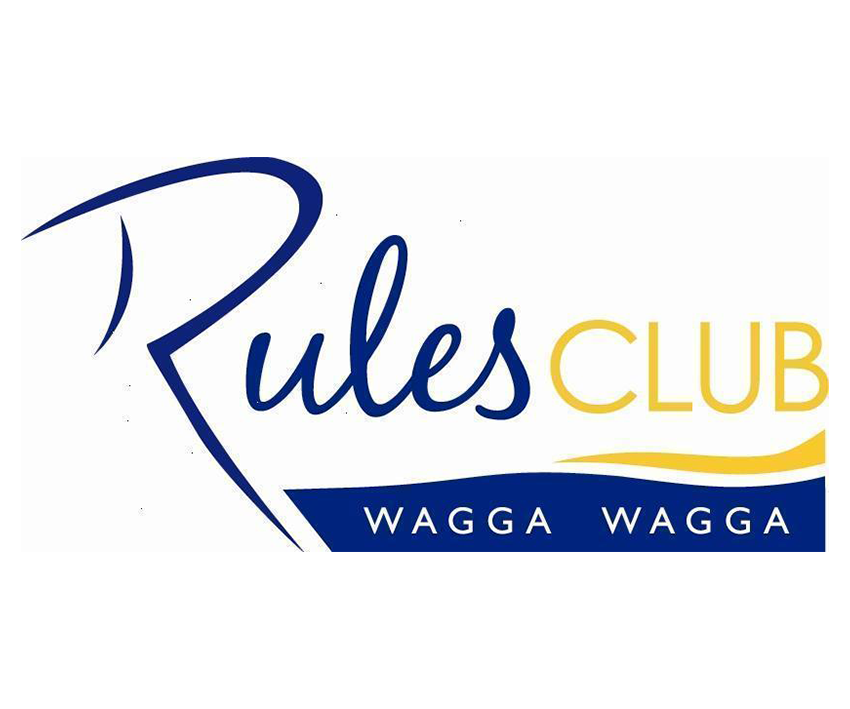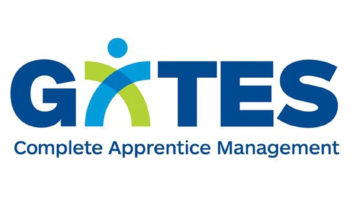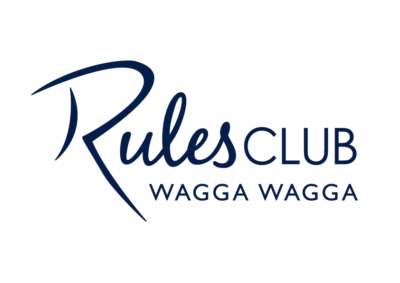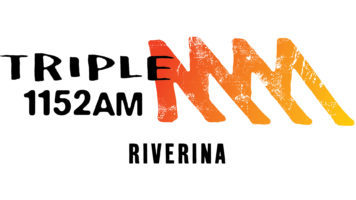RECORD FEATURE: NARRANDERA EAGLES
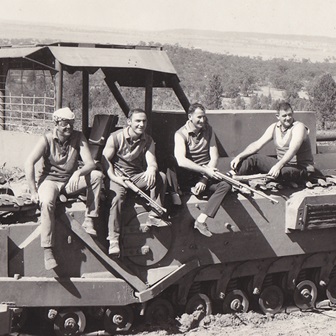
Noel Anderson returned to Narrandera last weekend (July 22-24) for a reunion of the successful sides of 1966 and 1967. You couldn’t say the memories came flooding back because they’re always there. Such was the impression the team of ‘67 made on their coach, Narrandera has been a part of Anderson ever since.
“I have never, ever had more joy than being part of that team and it just flows over every time we meet,” Anderson said.
“The camaraderie that’s around now is there because it was built then. Every time you get together now, it’s the result of what happened in that grand final.
“Narrandera to me, is the most special place I ever coached because of the way those fellas turned out.
“They were exceptional men and still are.”
Anderson arrived in Narrandera in 1967. He was told that anything less than a flag would be seen as a failure. After all, they’d won one the year before, under Geoff Sharpe, who’d stepped up to take over from the injured Eric Vyner.
* * * *
September 1966… Harold Holt is Prime Minister. Australian soldiers are honoured for distinguishing themselves at the Battle of Long Tan. And the president of the United States, Lyndon B Johnson is coming down under for a visit.
There are even calls for the Riverina to be on the itinerary. Maybe it’s not so outrageous – every man and his dog heads to the South West League grand final. And there’s something in the air in Narrandera in ‘66.
A golfer, John Graves, defies the odds to score a hole-in-one twice in a round. Word is out that the Narrandera Cup in October will be televised – ‘adding interest to the competition for best-dressed woman’. And Narrandera Imperials stop Ganmain in their tracks in the preliminary final.
Ganmain – gunning for a third straight flag – hadn’t lost a do-or-die final in three years. They boasted a formidable forward line-up, from Tom Carroll who kicked 11 goals in their semi-final win against Coolamon, to recently-crowned Gammage Medallist Frank Hodgkin at centre-half-forward. Narrandera’s own CHF Peter Box (who had won it in ‘59) was joint runner-up just one vote behind.
But Athol Jackson did the job on Carroll and Gil Botten shut down Hodgkin for the second time that season – the Ganmain star’s preliminary final effort considered one of his quietest games ever in the South West.
At the other end, Sharpe kicked 6.4 from full-forward, as well as changing in the ruck; a 19-year old Phillip Wines was brilliant in the centre and Jimmy Bloomfield got the better of Bruce Irvine on the wing. Irvine had been the talk of the week when hospitalised with food poisoning. He emerged to play in a losing rugby union grand final for Ag College on Saturday and a beaten Ganmain side on the Sunday.
The win earned Narrandera a shot at redemption against Griffith after a semi-final loss which the Daily Advertiser’s Ted Ryder had declared ‘one of the most spineless seen in a South West final for many years.’
It must’ve stung. Given their chance in the grand final, Narrandera took it up to Griffith from the outset, getting on top in a fiery first quarter and barely looking back.
“We had a little bit more inside,” Narrandera’s reunion organiser, Barry Royal, reckons.
Rover Bruce Waters turned in a best-on-ground performance. Then there was Dennis Ingram on one wing and Bloomfield on the other, playing with blood seeping through a bandage on his hand after cutting his finger at work.
“Dr Reid gave him a needle and he played through that,” Royal recalled. “Stuey Hutchins got one too to play, he had a sore hip.”
Bloomfield played with three stitches in his finger and by the end of the game needed some in his head after copping a ‘rabbit-killer’’ in a rough-house affair. Botten needed a finger stitched while Griffith’s John Foley finished up a couple of teeth short.
Box – the 1956 Brownlow Medallist who’d come from Footscray to Grong Grong in 1959 – came into his own in the final quarter. Royal said he was a sight to behold in full-flight.
“Just all his skills – he’d go through a pack, taking the ball side on. There’d be six or seven blokes there and no-one would get a touch on him.”
Jackson and Botten were superb again in defence. Jackon’s kick outs were legendary – drop kicks that travelled 80 yards from the goal square to the centre at the Sportsground.
“He’s one of the longest kicks we’ve ever had in the old South West He used to kick out from the behinds into the centre and nine times out of 10 we’d get a goal from them getting a point,” Waters said.
All remember the success of ‘66 being built on a team effort.
“We didn’t have many tall players in the side but everybody just combined beautifully – it was all just relying on good play by all of the team,” Jackson said.
It was one big happy family under Sharpe. Everyone played for each other, and their coach, who the players would’ve done anything for. “He could’ve been a con-man!” Royal said.
And that’s what Anderson found when he arrived in 1967. Minus a few key departures, including Box and the Males, he took charge of a team with an ingrained ‘one-in, all-in’ attitude.
It was just what was needed in the toughest league Anderson ever played in.
“I remember when I first went there, I wondered what hit me,” Anderson said.
“They’d all gone through school on rugby, so their tackling was far better than I’d been used to. But a lot of them had picked up ‘country punts’ so their delivery wasn’t real good and you’d sit under it and hear the footsteps coming,” he added, roaring with laughter.
Narrandera were the defending champions, but Leeton had a star-studded side in ‘67 – with half a dozen players who’d been to Melbourne and could’ve stayed there. There were plenty of times Anderson was worried that it wasn’t going to come together, not least when they were towelled up by Leeton mid-season.
But they got there, and Narrandera didn’t let him down come grand final day.
“Absolutely, to a man, they committed themselves totally and you couldn’t have asked for more,” Anderson said.
“If someone had let me down, I would remember it – honestly, I would.
The only time Anderson grew worried was in the third quarter. So he shifted himself from full-forward to centre-half-forward and started a brawl.
“There were three blokes wanting to punch my head in then – and we got a run on. That would’ve been the only positional change I made during the match. Once it got fine again, I went back and away we went.”
With the class of Geoff Sharpe (“he was a great organiser of the young blokes around the ground – he had the rovers feeding off him, and put it out in front of them, he was great that way”). the brilliance of the Aboriginal trio – Bloomfield, Ingram and Kelly Lyons – and the reliability of Botten and Jackson again at the back, Narrandera went back to back.
“It will be special every time we ever meet. It’ll be special until I don’t get up there anymore,” Anderson said.
Fifty years, there are already some who don’t get up there any more. Barry Royal remembering those who the intervening years have claimed: Geoff Sharpe, Dennis Ingram,
Frank Quilter, Tony Irons, Barry Lipscombe, Philip Wines, Kelly Lyons, Johnny Clark (1966), Graham Powell (1967).
But none is forgotten.
“It’s amazing – we are brothers, to the limit,” Anderson said.
